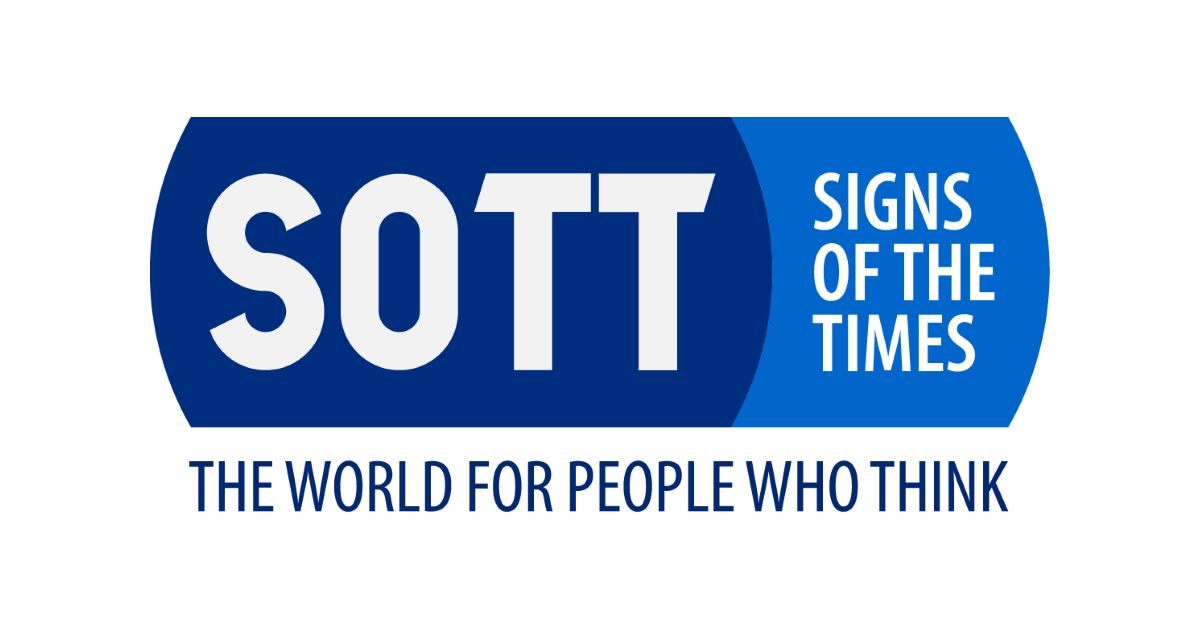Ultimately, the motivation of all such people is self-preservation, and has nothing to do with an open and objective assessment of the facts and where they lead. So there's little wonder that the debate on issues like these is usually so fractious and divided between 'us and them'. For both sides, it's personal. For one side, its about NEEDING to refuse or refute certain uncomfortable facts in order to maintain their childish world view. For the other side, its about NEEDING to know the Truth because the Truth is perceived as being essential to maintain order in their personal lives and the wider world.
Been thinking about this, and what you said here and on other occasions seems essential and it seems many of us finally "get" this simple concept. As many have said here, for me too, for the first time I kind of understand viscerally the importance of free will and that wishing others to accept my world view is really silly.
Part of the problem, I think, has to do with a misconception of what the mind is. We have been conditioned with a purely mechanistic view: there is the external world, the facts, and they get absorbed by our senses, and then by the mind, and that's pretty much it. But as Karl Popper points out in his criticism of materialism, the mind is not passive at all, but active: it
seeks, it explores, it
reaches out. The question then is: it seeks
what? It reaches out to
where? Perhaps the answer to that is what really defines a character, and where someone is on the learning curve. So even to talk about "mental filters" might be a bit too mechanical as an analogy; it's rather that some people perceive reality in a certain way, because they
pursue certain goals/seek certain things, which literally makes them blind to everything else.
I read one of those "
fact checks" today about a viral video, and while it had the usual omissions, twisting and silly arguments, I was kind of impressed with the amount of brainpower and research that went into it. Who
does something like that? A mind that seeks, a mind with the goal of maintaining the person's physical existence within the system at all costs, on which it is completely dependent, and as a "service" to others whose minds reach out for the same stuff. The motivation is fear, and the goal is to run away from it. The article unwillingly admits this in a rebuttal about the corona skeptics' point that the media spread panic, which the author denies by citing a bunch of "don't panic" articles in the mainstream, and then says:
The question must be allowed, which is more likely to cause panic: To report about a virus, to classify current findings, to inform people and to call on them not to panic? Or to put a YouTube video online, in which mistrust, fear of manipulation, fraud and irresponsibility "by the media and also by politicians" and individual scientists are stirred up?
That's clearly the author's worst fear: to realize that we should mistrust the powers-that-be, including the media, because they are irresponsible frauds and manipulators.
It's interesting that some, if not most, of what the "fact check" claims could probably be indeed called "factual". But the question is: what facts do you perceive, and which ones you don't? On which facts do you focus on? Again, it depends on where your mind "reaches out", based on your goals.
I guess this is part of the reason why discussions about "facts" often seem so pointless. Our 3D language seems somehow limited, some concepts just cannot be put into words or communicated if the other person has no grasp of it in the first place. "Truth is learned, not told." To almost any statement, there seems to be an infinite number of "yes, but" replies. Which of such replies you choose to engage in, if any, and which facts you focus on, is ultimately a moral question. The quality of these choices depends on the purity of our aims and minds, and our free will - the ability to act against "it", against pure comfort-seeking.
Nobody is immune against operating purely in the physical realm, just avoiding pain, unable to see certain things. But it helps if our goal is Truth, growth and learning - as opposed to mere comfort on the material plane. Then, eventually, our whole perception changes, which basically means the reality we live in changes. Of course, people who are unable to go beyond the physical plane and who cannot possibly conceive of any higher aims than material comfort and blind "happiness", are blind even to such absurdly obvious elephants in the room such as the Covid nothingburger. And they always ascribe nefarious motivations to the skeptics, because they are literally unable to grasp the concept that you can do things based on a higher perception that transcends the physical world.
In a sense, this whole mess of a world is a gift. Imagine we would live in a "good" world ruled by a wise king. Then it would be hard to tell who is "aiming higher" and who just follows authority to seek comfort. We couldn't witness and understand all these nuances. In my better moments, I can see more clearly now the perfect setup of the world, the "school", for learning purposes.

